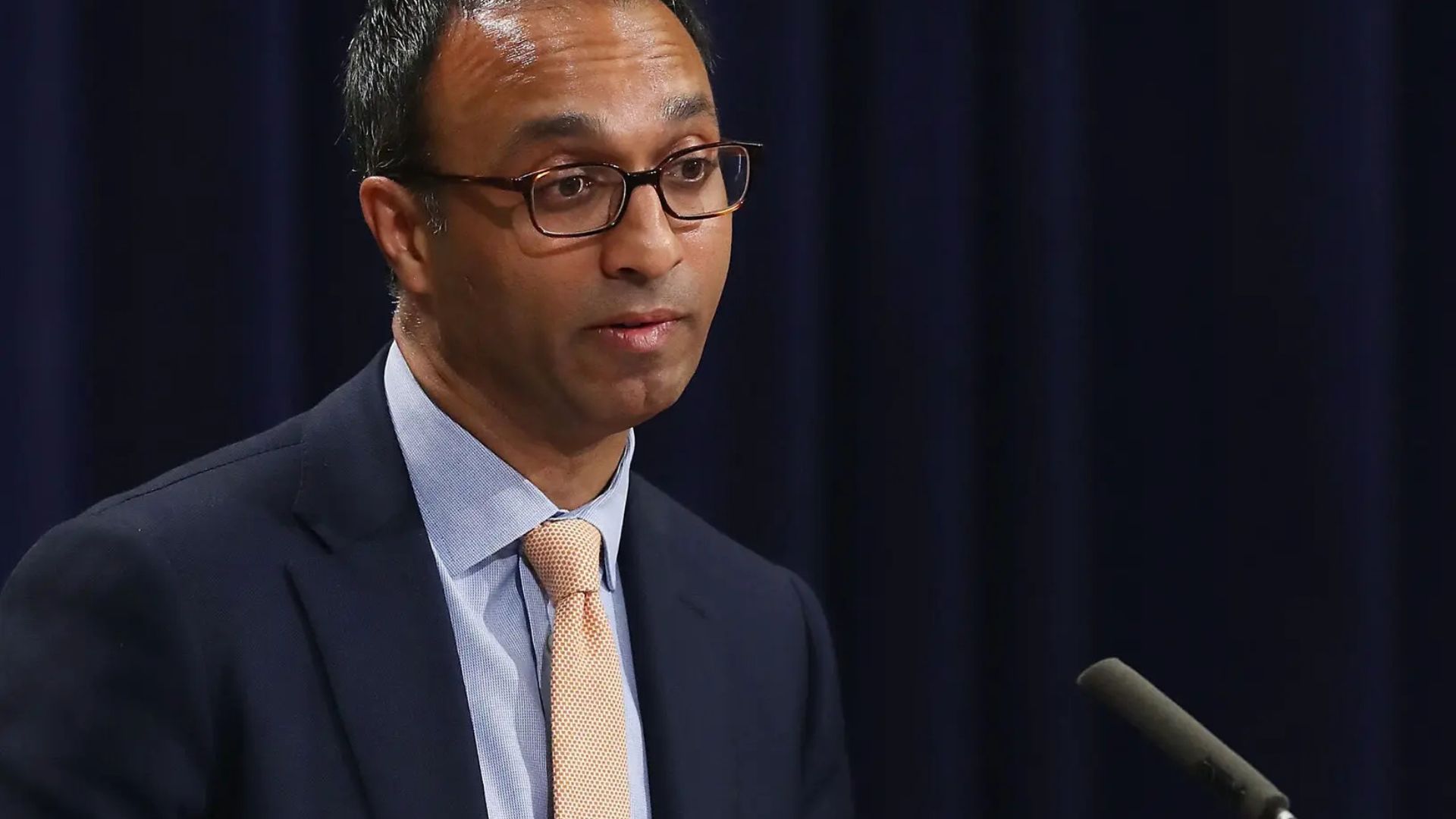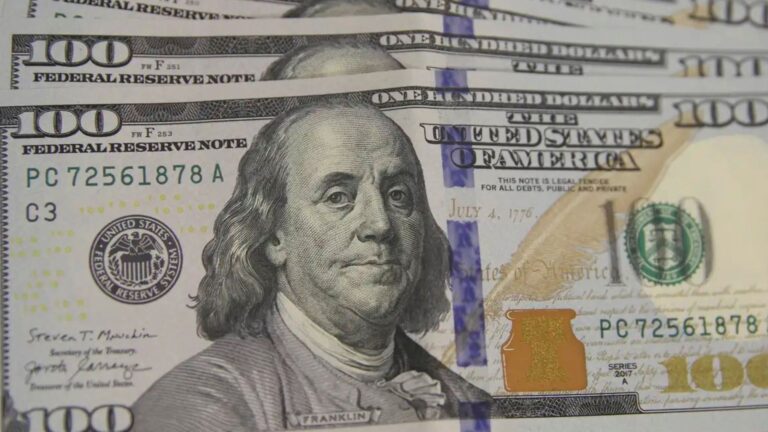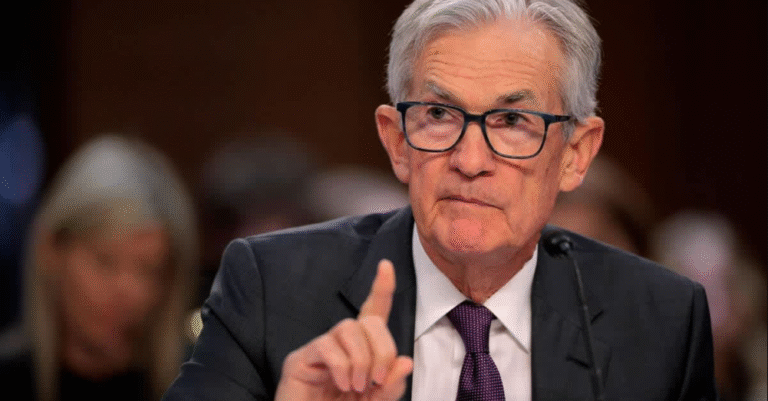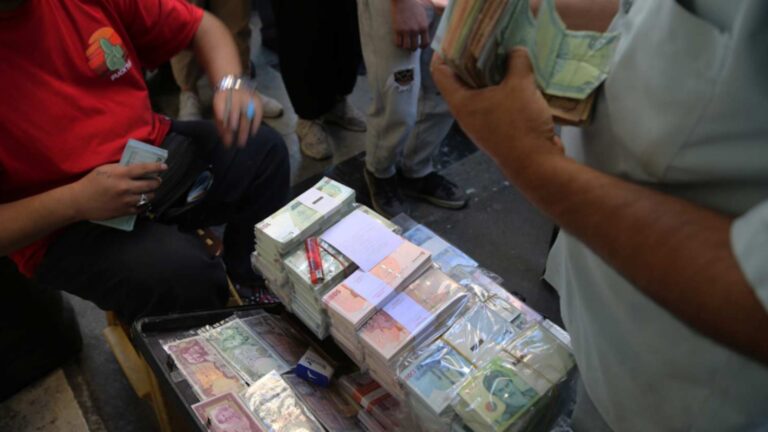
Google is facing another massive legal battle as adtech firm PubMatic is suing the tech giant for billions of dollars, claiming it runs an illegal monopoly over the digital advertising market. Filed on Tuesday, the lawsuit is the second of its kind, coming just months after a federal court handed companies like PubMatic the ammunition they needed by officially ruling that Google’s ad business is, in fact, an illegal monopoly.
A Lawsuit Built on a Landmark Ruling
PubMatic’s case stands on the powerful foundation of that April 2025 court ruling, which found Google illegally dominated the tools publishers use to sell ads online. According to PubMatic CEO Rajeev Goel, the decision confirmed what his company suspected for years. “It felt like for many years, no matter how well we innovated, there was a barrier holding us back,” Goel said. “That barrier wasn’t the limit of our technology. It was Google’s illegal monopoly.” PubMatic argues that these anticompetitive practices choked its growth and unfairly cost them revenue they should have earned.
Following a Path Forged by a Rival
PubMatic isn’t the first company to seek payback. Their lawsuit follows a nearly identical one filed by rival adtech firm OpenX in August, signaling that the floodgates may be opening for legal challenges against Google. Both companies are in the business of helping websites and publishers make money from ads, putting them in direct competition with Google’s own tools. OpenX’s lawsuit similarly accused Google of “rigging digital advertising auctions” by manipulating bids and favoring its own products.
Google’s Ad Business Under Global Attack
This latest lawsuit lands as Google faces a firestorm of regulatory pressure around the world. Just last week, the European Union hit Google with a massive $3.5 billion fine for its adtech practices. Back in the U.S., the Department of Justice is preparing for a trial starting September 22 where it will argue for the complete breakup of Google’s ad business. While PubMatic hasn’t named a final number, it expects the damages—which can be tripled under antitrust law—to “reach into the billions of dollars,” setting the stage for another high-stakes legal showdown.













